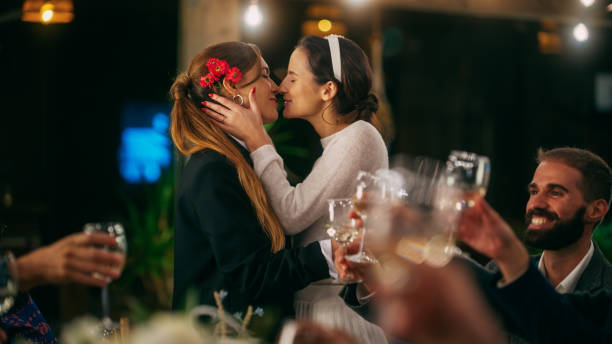Disney has made headlines recently, but not because of blockbusters. Recent headlines have focused on a Disney park proposal and a couple that chose to have Minnie & Mickey at their wedding rather than food.
Many news articles and social media users were quick to point out that Disney is a religion for some people — citing symbols, rituals, and community, as well as regular, expensive trips to the park.
Disney is not a religion just because it’s revered by many.
It isn’t easy to define religion, but most people think they know what it means. You’ll know when you see it. This logic could lead to anything being considered a religious belief.
This is not a problem. The world won’t fall apart. The problem for those who study religion is that if everything is a religion, then what exactly are we looking for?
Disney adults discuss being prohibited from dressing up in Disney parks.
In my work, I examine the ways that people use popular culture to give meaning to their lives. People identify less and less with religious traditions. Some people find meaning and identity through the things they enjoy most, like Baseball or Books.
It’s not my goal to debate against those who believe that Disney is their religion. I’m not trying to argue against those who consider Disney their faith. But, I do want to challenge the way words like “religion” are used to help us better understand what it means to treat Disney parks as holy.
It’s not just for the kids.
Religion does not have a universal category. It was used to categorize colonialists and determine which people were similar. And, by extension, who was human and who wasn’t.
It is possible to understand and empathize with Disney Adults without necessarily referring to their Disney relationship.
It’s interesting to see how Disney is incorporated into important life events and how it’s meaningful for people.
Disney products — movies, shows, etc.– have always reflected the current political and religious climate.
As a response to the controversy surrounding weddings and proposals, religious studies expert Jodi Levine stated that “people tends to dismiss Disney,” because it is for children and fake. She says that “even if people are in costumes, the emotions will be real.”
What Eichler Levine said reminded me of my Dad, who will always cry when he watches the Disney World fireworks.
Happily Ever After fireworks show at Magic Kingdom
Paying a heavy price
Linda Woodhead, a religious studies scholar, argues that religion can be understood in five different ways: identity, culture, relationship, practice, and power.
Disney-lovers often incorporate the brand into cultural events and wear its paraphernalia to express their identity. People who are part of the Disney community and attend the parks regularly can develop a strong relationship with the brand.
When people say Disney is religion, they are referring to the fact that some people consider Disney sacred. French sociologist David Emile Durkheim describes sacredness as the category that communities assign to certain things depending on how they are treated.
Disney merchandise and Disney park trips are expensive. Many criticize Disney adults for being victims of exploitation. These criticisms can also be used to describe the history of Christian exploitation.
Prior to the Protestant Reformation, Catholic Church leaders claimed that congregants had to pay indulgences in order not to spend time in purgatory. Some religious leaders thought that this would allow them to bypass purgatory and ensure a place in heaven for their souls.



